Plenary speakers
• PROF. BOGUMIŁA JĘDRZEJEWSKA
|
 |
|
|
Bogumiła Jędrzejewska is a Professor at Mammal Research Institute of the Polish Academy of Sciences in Białowieża, Poland, has been conducting studies in ecology, population genetics and biogeography of mammals. She is a specialist in predator-prey relationships in vertebrate communities and relationships between environment and large-scale genetic structures of mammalian populations. Her treasured study area has been Białowieża Primeval Forest, the best preserved temperate woodland in Europe, an inexhaustible source of research inspiration. Title: East-European perspective on molecular biogeography of European mammals |
||
• DR. FRANCESCA CAGNACCI
|
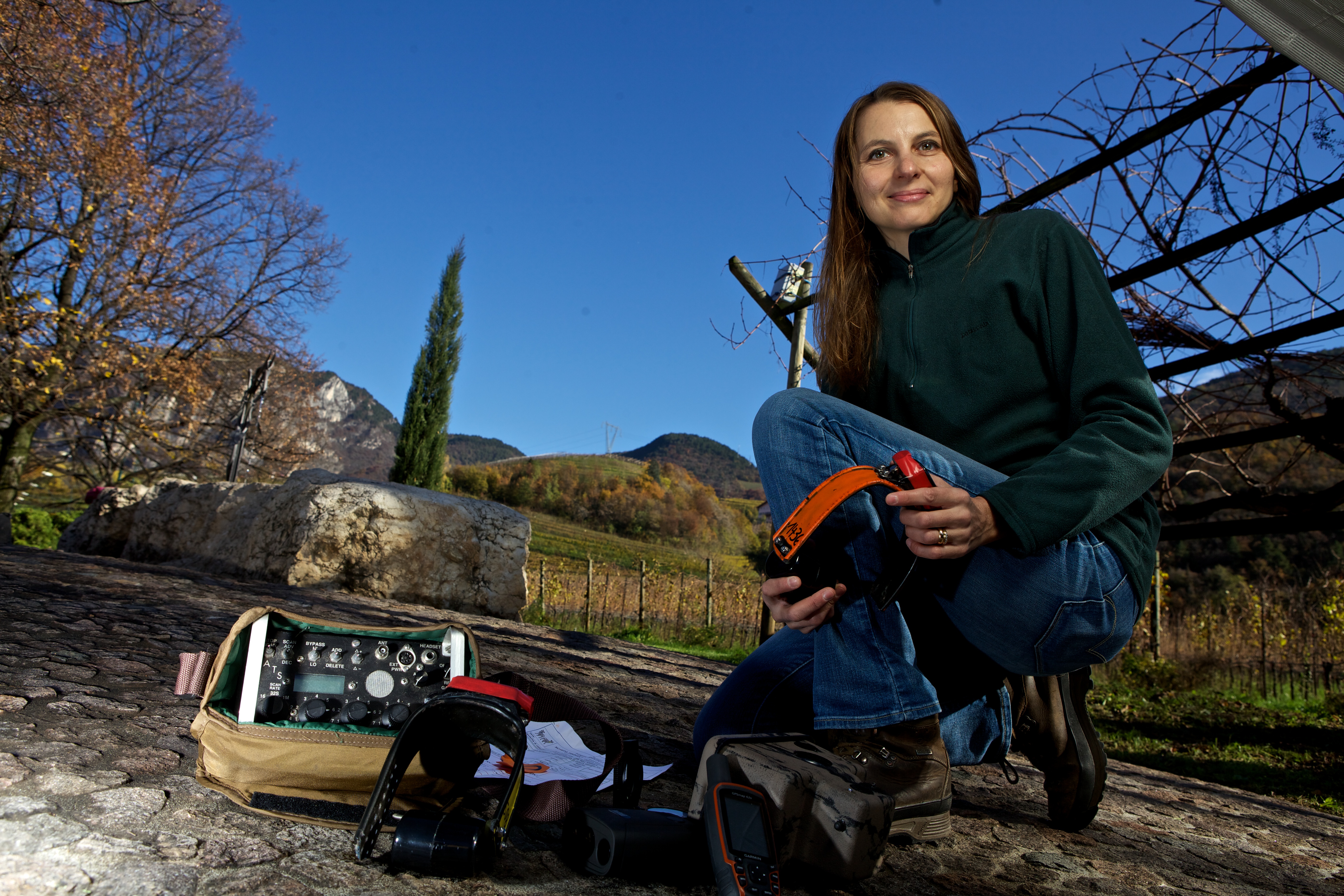 |
|
|
Dr Cagnacci is a permanent researcher at the FEM/CRI in the Applied Ecology group, and leader of the research line ‘Movement and Conservation Ecology’. She initiated and coordinates the bottom-up research consortium EUROMAMMALS, to study terrestrial mammal movement at a large scale, under climatic and human-impact gradients.
Francesca Cagnacci is a behavioral and conservation ecologist with research emphasis on ecological and evolutionary determinants of animal behavior, movement, and resource use. In particular, she looks into the effects of climate and global change on animal spatial distribution and organismal interactions. Her research interests span management and conservation practices at different spatial scales, terrestrial mammalogy, ecology of wildlife diseases and host-parasite dynamics, and adoption of humane measures for the management of problematic wildlife. Title: On the move: lesson learned from 15 years of movement ecology on European mammals |
||
• PROF. NILS CHR. STENSETH
|
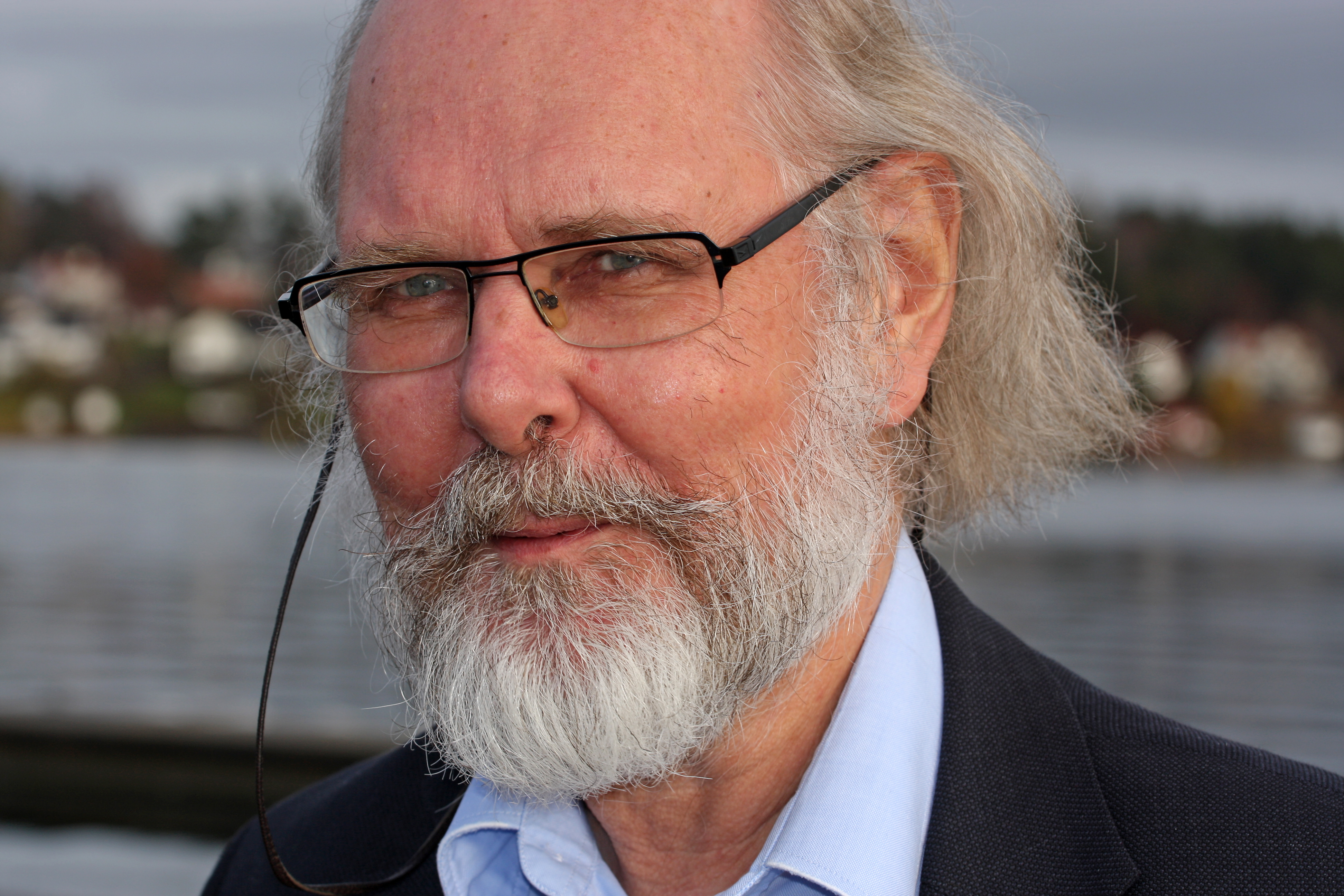 |
|
|
Nils Chr. Stenseth is a Professor at the The Faculty of Mathematics and Natural Sciences at the University of Oslo. He will continue doing research within the field of evolutionary biology – with a focus on vector-borne diseases (such as plague) with a wildlife reservoir, integrating ecology and evolution (including coevolution in multispecies communities) and marine biology.
Most of his work relates to basic issues. However, he finds great pleasure in working on more applied issues as well; These applied interests have brought he into work on pest control (e.g., rodents in Africa), harvesting (marine and terrestrial), bio-economics (e.g., the ecological dynamics of dry-land pastoral systems) and epidemiology (Plague). He is convinced that it is helpful to try to understand what has happened in the past, in preparing for what might happen in the future, e.g., ecological and evolutionary effects of climate change. For this reason, he values the existence of long-term time series - and the analysis of them. Title: Evolution and ecology of plague: a disease of today which changed our history |
||
• PROF. HEIKKI HENTTONEN
|
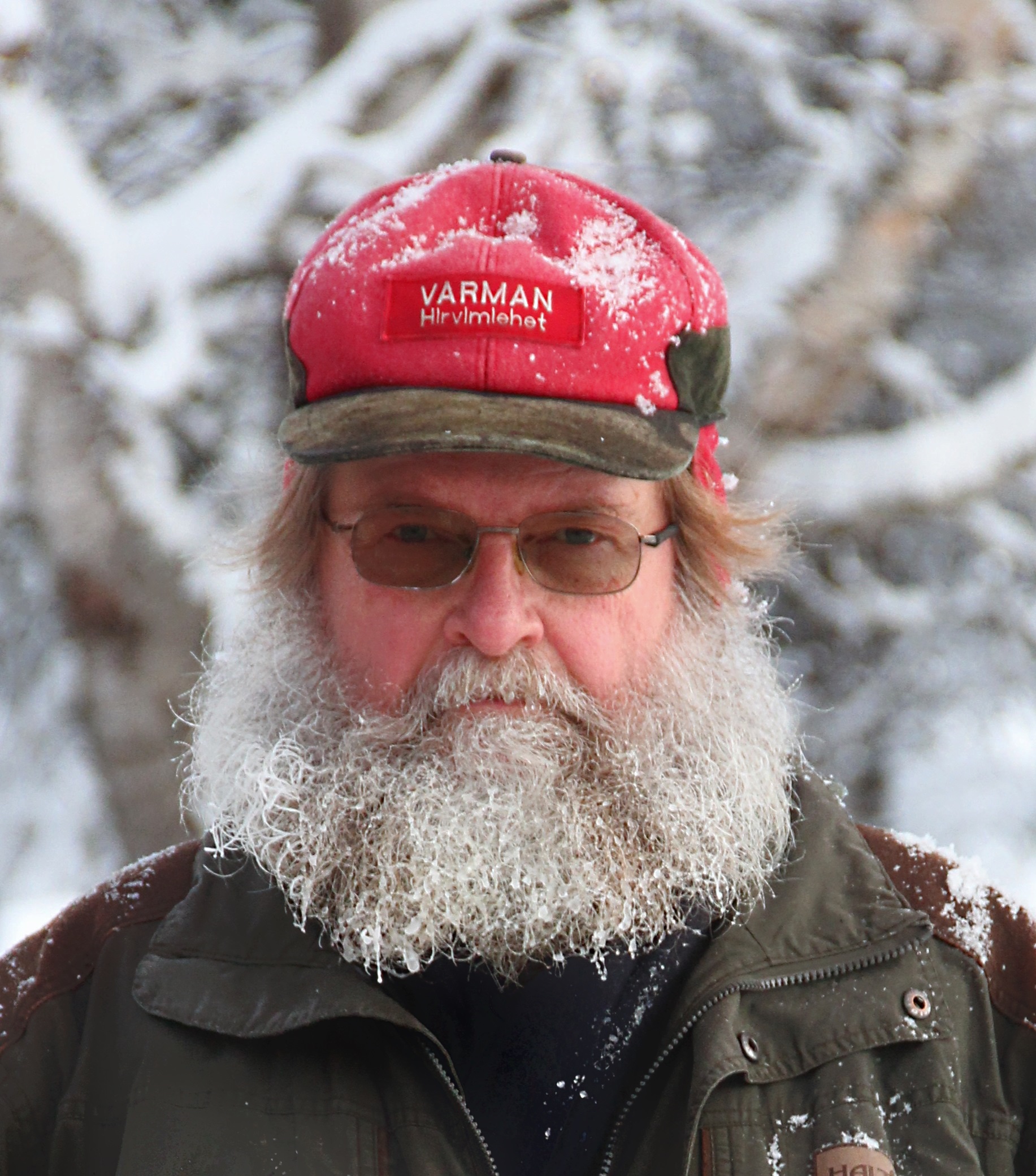 |
|
|
Heikki Henttonen is emeritus professor of forest zoology at Natural Resources Institute Finland. His research fields cover the population ecology of small mammals, and the ecology and evolution of rodent-borne parasites and pathogens. He has specialized in long-term surveillance and experimental studies on rodent dynamics, and in the ecological interactions of rodent dynamics and rodent-borne pathogens and parasites.
Title: Ecology of rodent-borne pathogens in Europe |
||
• DR. MATTHEW KAUFFMAN
|
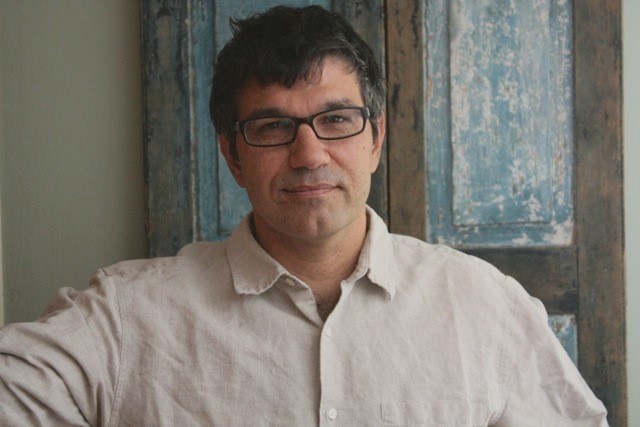 |
|
|
Matt Kauffman is an associate professor in the Department of Zoology and Physiology at the University of Wyoming. His research seeks to understand how and why ungulates migrate, and increasingly, he has sought to understand how the persistence of ungulate migration is threatened by landscape change. Matt is a wildlife biologist with a broad organismal background. He has worked across a number of ecological disciplines, blending traditional fieldwork with ecological models to address conservation and management issues. Matt leads a scientific team at the University of Wyoming that has broken new ground exploring the long-distance migrations of Wyoming's large ungulates and communicating their importance to the public. His research seeks to understand how and why ungulates migrate, by evaluating the role of forage, movement, fat dynamics, reproduction and survival. Much of Matt's recent work has evaluated how migrating animals choreograph their movements to coincide with waves of spring green-up that are highly nutritious - a behavior known as "surfing the green wave". He is also interested in understanding the population-level benefits of maintaining a diversity of migratory tactics. Increasingly, he has sought to understand how the persistence of ungulate migration is threatened by landscape change, which alters the behavior of migrating animals. In 2012, Matt co-founded the Wyoming Migration Initiative (migrationinitiative.org), whose mission is to advance the understanding, appreciation, and conservation of Wyoming's migratory ungulates. In this context, one aspect of Matt's research is to advance science-based conservation of migration corridors.
Title: Wild Migrations: Animal Movement, Anthropogenic Barriers, and Corridor Conservation in the American West |
||
• PROF. MAREK KONARZEWSKI |
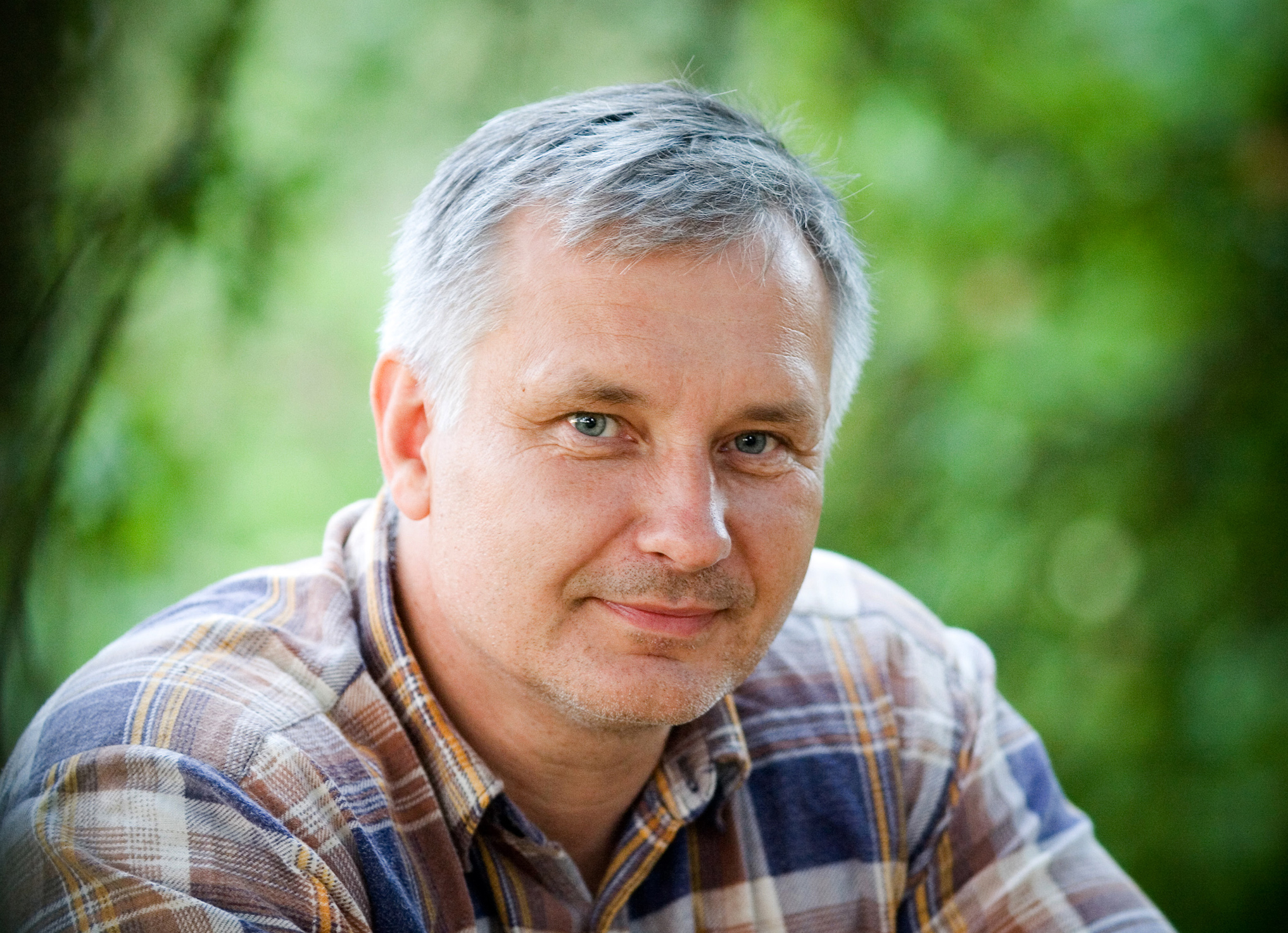 |
|
|
Dr. Marek Konarzewski is a professor of biology at the Institute of Biology, University of Bialystok and at the Faculty of Liberal Arts of University of Warsaw. He pursued PhD and DsC degree at the Institute of Ecology, Polish Academy of Sciences and then returned to the University of Bialystok, after postdoctoral work at the University of California, Los Angeles in Dr. Jared Diamond’s laboratory. He is a corresponding member of the Polish Academy of Sciences. Dr. Konarzewski’s main research interests are in the field of physiological ecology, and the emerging field of evolutionary physiology.
Title: The Evolution of the mammalian brain from Life History perspective |
||